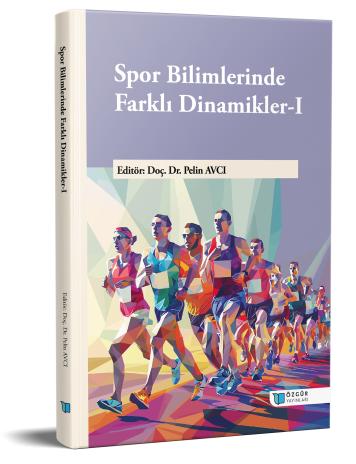
Beijing 2022 Winter Olympics: An Assessment with Environmental and Political Dimensions
Chapter from the book:
Avcı,
P.
(ed.)
2024.
Different Dynamics in Sport Sciences-I.
Synopsis
This chapter comprehensively examines the historical development of the Winter Olympics, its political impact and the challenges it faces in the modern era. Starting from the founding years of the Winter Olympics, the critical roles it played during the Cold War and the political conflicts during this period are discussed in detail. It also examines the strategic and economic factors in the geographical distribution of the Games and the selection of host cities, and reflects on the increasing diversity of sports and participating countries. Today, it explores how the Winter Olympics are tackling modern challenges such as climate change and diplomatic relations. In 2022, Beijing became the first city in history to host both the Summer and Winter Olympics. These Olympics have attracted attention not only for their sporting performances, but also for their environmental, political and social repercussions. Beijing 2022 was organized under unique circumstances, as it was the first Winter Olympics to take place during the COVID-19 pandemic. In addition to being a globally significant sporting event, it has also been the scene of many scandals and controversies. These have ranged from the challenges faced by athletes to the management of the organization and the repercussions of international relations on the ground.

